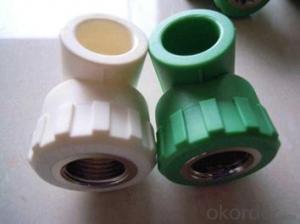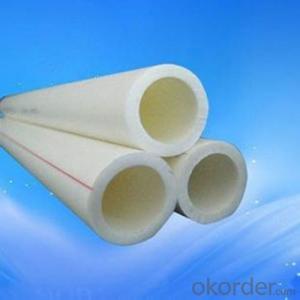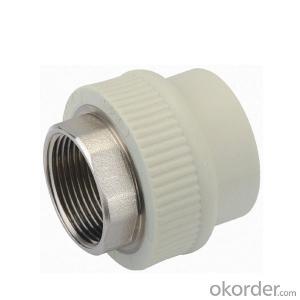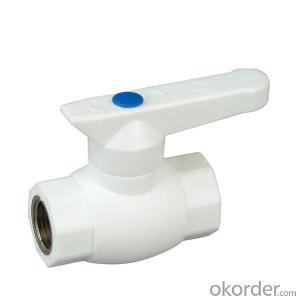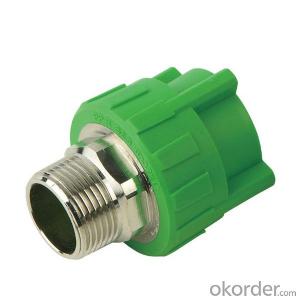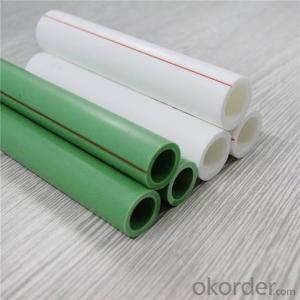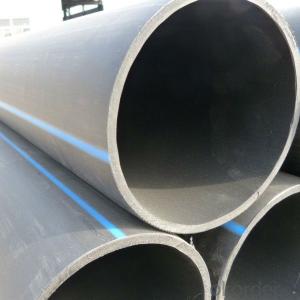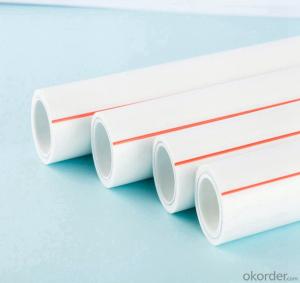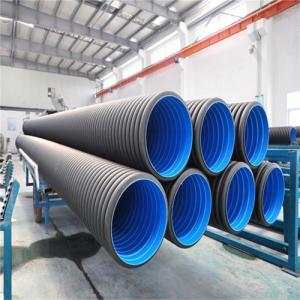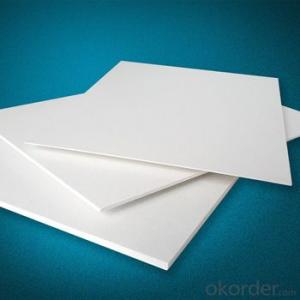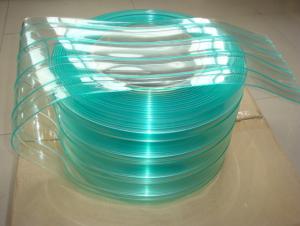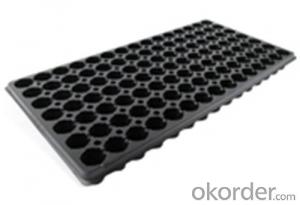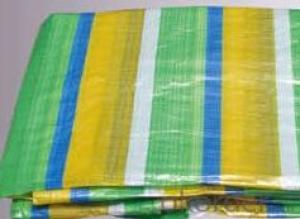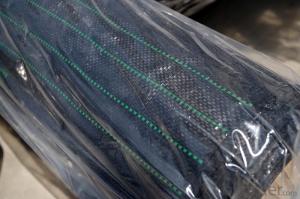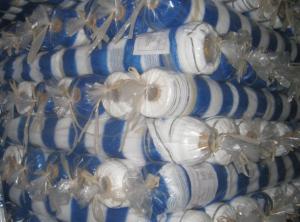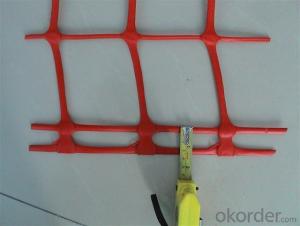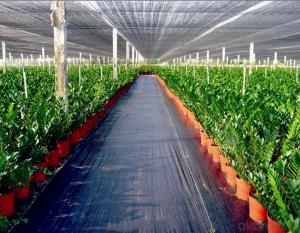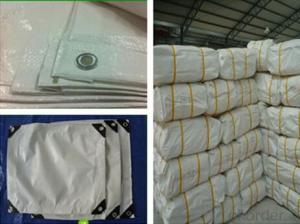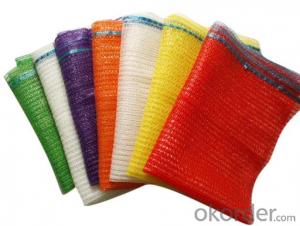All Categories
- - Steel Wire Rod
- - Steel Coils
- - Steel Profiles
- - Steel Pipes
- - Stainless Steel
- - Tinplate
- - Special Steel
- - Steel Sheets
- - Steel Rebars
- - Steel Strips
- - Hot Rolled Steel
- - Cold Rolled Steel
- - Pre-painted Steel
- - Seamless Steel Pipe
- - Welded Steel Pipe
- - Hollow Steel Tubes
- - Galvanized Pipe
- - Stainless Steel Coil
- - Stainless Steel Sheet
- - Stainless Steel Plate
- - Stainless Steel Strips
- - Electrolytic Tinplate Coil
- - Electrolytic Tinplate Sheet
- - Stainless Steel Rebars
- - Solar Panels
- - Solar Water Heater
- - Solar Related Products
- - Solar Inverter
- - Solar Cells
- - Solar Light
- - Solar Energy Systems
- - Solar Controllers
- - Solar Mounting System
- - Solar Pump
- - Solar Chargers
- - Fiberglass Chopped Strand
- - Fiberglass Mesh Cloth
- - Composite Pipes
- - FRP Pultrusion Profiles
- - Fiberglass Mat Tissue
- - Fiberglass Fabrics
- - Fiberglass Mesh
- - Composite Tank
- - Fiberglass Mesh tape
- - Polymer
- - FRP Roofing Panel
- - Fiberglass Roving
- - Monolithic Refractories
- - Ceramic Fiber Products
- - Refractory Bricks
- - Raw Materials For Refractory
- - Suspended Platform
- - Cranes
- - Concrete Machinery
- - Earthmoving Machinery
- - Building Hoist
- - Road Building Machinery
- - Plastic Pipe Fittings
- - Plastic Tubes
- - Plastic Sheets
- - Agricultural Plastic Products
- - Plastic Nets
 All Categories
All Categories
Plastic Pipe FittingsView More
Plastic TubesView More
Plastic SheetsView More
Agricultural Plastic ProductsView More
Plastic NetsView More
Q & A
What are some plastic products used in the agriculture industry?
Some plastic products used in the agriculture industry include plastic mulch films, irrigation pipes, greenhouse covers, seed trays, and plant pots.
How can we promote the use of biodegradable plastic products in the telecommunications industry?
One way to promote the use of biodegradable plastic products in the telecommunications industry is through education and awareness campaigns. This can involve spreading information about the environmental impact of traditional plastic products and highlighting the benefits of using biodegradable alternatives. Additionally, offering incentives and subsidies to telecommunications companies that choose to switch to biodegradable plastic can help encourage their adoption. Collaboration with plastic manufacturers to develop and supply biodegradable plastic products specifically for the telecommunications industry can also play a significant role in promoting their use.
What are the different types of plastic film for food packaging?
There are several different types of plastic films commonly used for food packaging, including polyethylene (PE), polypropylene (PP), polyvinyl chloride (PVC), polyethylene terephthalate (PET), and polystyrene (PS). Each type has its own unique properties and benefits, such as flexibility, moisture resistance, and transparency, which make them suitable for specific food packaging applications.
Can plastic products be used for creating flexible roofing membranes?
Yes, plastic products can be used for creating flexible roofing membranes. Plastic materials such as PVC (polyvinyl chloride) and TPO (thermoplastic olefin) are commonly used in the construction industry to manufacture flexible roofing membranes. These plastic membranes offer durability, weather resistance, and flexibility, making them suitable for various roofing applications.
Can plastic cutlery be recycled?
Yes, plastic cutlery can be recycled, but it depends on the recycling facilities available in your area. Some recycling centers accept plastic cutlery for recycling, while others do not. It is important to check with your local recycling facility or waste management provider to determine if they accept plastic cutlery and what specific guidelines they have for recycling it.
Wholesale Plastic Products from supplier in Uganda
Please note that as an AI language model, I am unable to provide contact details or facilitate direct communication. However, you can search for plastic product suppliers in Uganda using online business directories or search engines. Additionally, you may consider reaching out to local trade associations or industry-specific organizations in Uganda for recommendations and further information on suppliers in the plastic products sector.
Hot Search
- Plastic Pipe Fittings in Afghanistan
- Plastic Tubes in Guyana
- Plastic Sheets in Hungary
- Agricultural Plastic Products in Israel
- Plastic Nets in Niger
- Agricultural Plastic Products in Bulgaria
- Plastic Nets in Canada
- Plastic Nets in Guatemala
- Plastic Tubes in Colombia
- Agricultural Plastic Products in Latvia
